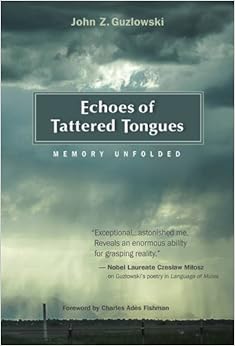
Back in the old days before anybody had air-conditioning, my mother, a Polish woman from the old country, felt that the surest cure for hot weather was
szczawiowa zupa, shchav, swiss chard soup.
She’d get up early on a day that promised to be in the high 90s, and she’d fix shchav. It wouldn’t take long and it didn’t require a lot of cooking, so it didn’t heat up our apartment. When she had it prepared, she’d stick it into the refrigerator to cool off. In the evening, she’d serve it for dinner when it was in the 90s both outside and inside.
Believe me, it always took the temperature down 10 degrees.
Here's my recipe :
1 teaspoon vegetable oil
2 onions, chopped
12 cups stock (I use veggie broth but you can use chicken)
1 pound fresh swiss chard, stems included, finely chopped
salt and freshly ground black pepper
Heat the oil in your soup pot over medium-high heat and sauté the onions for about 10 minutes. Add the stock and bring to a simmer. Add the swiss chard and season with salt and pepper. simmer until the sorrel is olive green in color, about 10 minutes. If you can’t get swiss chard, you can use the same amount of spinach, but make sure you add a ¼ of lemon juice to give the soup its signature tartness.
Smacznego—good eating.
PS--I've received several notes from readers saying that this soup should be made with sorrel rather than swiss chard. This is in fact true, but unfortunately when I was a child growing up in a refugee neighborhood in Chicago, we didn't have a grocer near who sold sorrel. My mother substituted swiss chard--after complaining how there were things that one could so easily find in Poland that she couldn't find anywhere in America.
Addendum to PS:
I received the following from poet
Oriana Ivy regarding shchav:
Yes, it's made with wild sorrel picked at streamside. A rather sour soup -- I didn't like it all that much, but I'm sure it's full of fab nutrients. However, in the recipe I don't understand the omission of a hardboiled egg, cut in half. That half of an egg per large soup plate seemed like a kind of eye staring at me out of all that intense green. It's essential to the shchav experience. The egg complements the taste and the nutrients (the soup is fabulous for eye health).
------
If you want to read about another of my mother's Polish soups, please take a look at my blog
"Simple Polish Soup."
The picture of the shchav is from the blog
Fresh Approach Cooking.
 Noonday by Pat Barker
Noonday by Pat Barker
